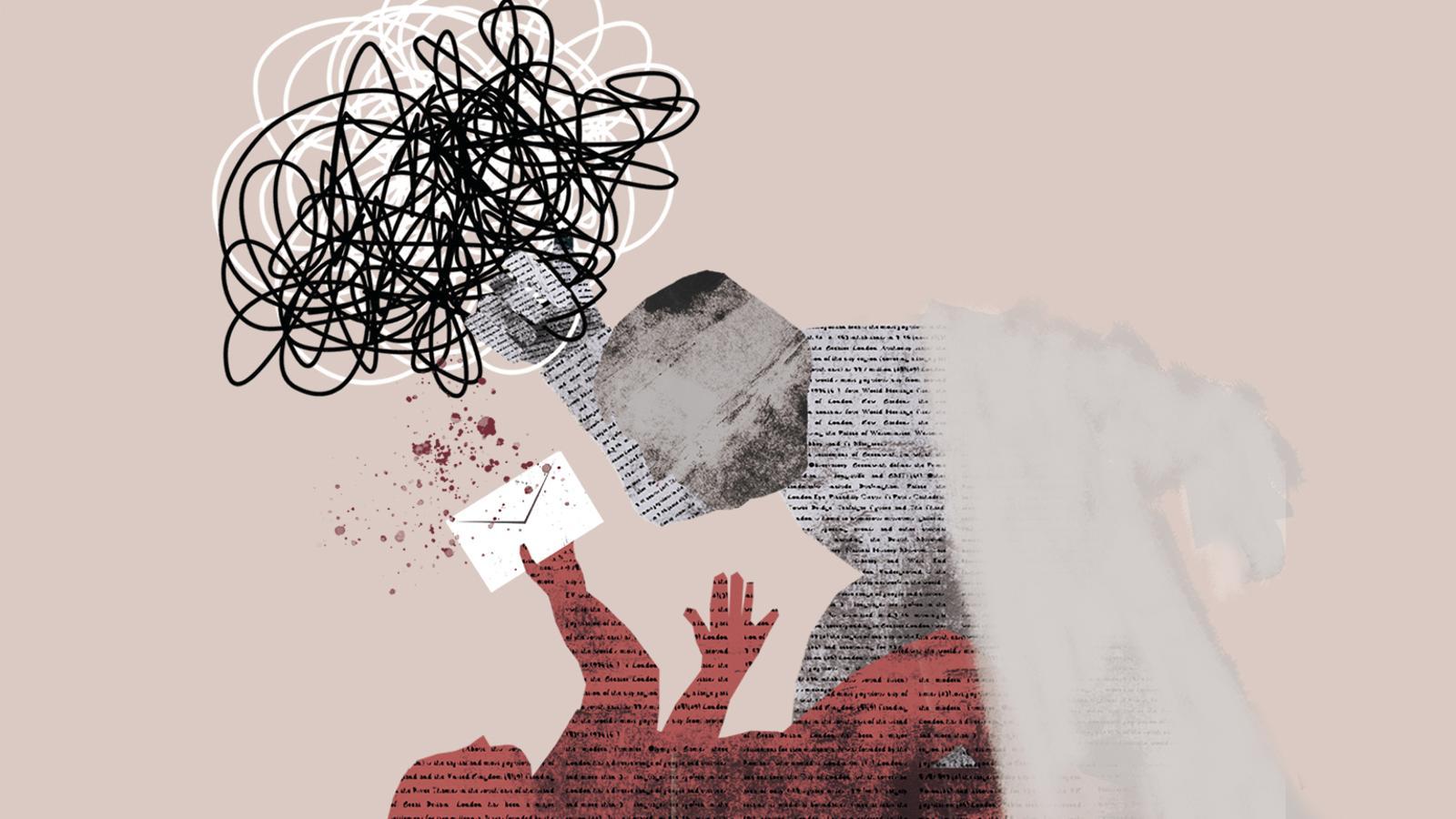

"I only see what I believe," and this is the air of our times. The phrase, a revealing slip of the tongue, comes from Éric Zemmour, the French far-right candidate during the 2022 campaign. And there we are, inside bubbles manufactured by social media and artificial intelligence that give our surroundings and our convictions an appearance of superior reason. To break out of the bubble and try to understand the world, we must make an effort.
Zemmour's phrase comes from a truly relevant book that will be published in Catalan on October 1st, titled L'hora delspredadores (L'heure des prédateurs, published by Gallimard and written by Giuliano da Empoli). The book describes the arrival of a new era of power dominated by predators: political leaders and large technology companies that break the traditional rules of liberal democracy and impose their authority through force, chaos, and manipulation. Political predators include figures such as Trump, Putin, Bukele, Milei, and Mohammed bin Salman, who gain legitimacy not through respect for institutions but through their ability to dominate, divide, and frighten. In short, they act as agents of chaos. In addition to political predators, there are also technological predators: giants of technology and artificial intelligence that control data and information with almost unlimited power. The combination of these predators erodes what had been democratic norms and diplomacy, and social resentment and digital manipulation are their weapons.
Our predators share a feral, masculine vision of the world. They are impetuous males accustomed to winning in a clash of horns.
Trump loses luster
In the new distribution of influence in the world, we are witnessing a loss of influence by the American president, which does not bode well. He is losing his luster, and that is not good news for someone psychologically unstable. Trump has lost control over Netanyahu in the Middle East and is helplessly watching the war in Qatar expand: the Israeli prime minister has turned the mediator with the Palestinians into a target, flouting all diplomatic norms. Meanwhile, political violence in the United States is resurfacing, and with it, the poison of rage and revenge is fueled.
Trump is also failing to get his way with the Russian president, who is playing him and becoming the leader of a challenging and powerful hub of collaboration, demographically, commercially, and militarily, with China and India.
Putin provokes the United States, and also Europe and NATO, with the largest drone attack on Poland. This was no accident, as some have suggested across the Atlantic. It was a test. A test designed to measure NATO's reaction time, the strength of its air defenses, and, above all, the Alliance's political capacity to command military respect. Moscow put the allies' anti-drone systems and resolve to the test, and the response was slow in coming. Operation Eastern Sentinel It will likely have its work cut out for it, given Russia's moves in recent days toward Belarus. For now, Europe is staring into the mirror, and the reflection is uncomfortable: technological dependence, lack of coordination, and growing vulnerability to hybrid wars. Russia knows that it isn't necessary to destroy a city to win the psychological game; it's enough to highlight the adversary's slowness and division.
What's at stake is not just the security of an ally, but the credibility of NATO's founding objective. Either we Europeans learn that 21st-century defense requires a shield capable of neutralizing drones and cyberattacks with the same agility as planes and missiles, or the deterrence that has kept Moscow at bay for decades will soon end. Perhaps it's necessary for the Old Continent to accept, once and for all, that security cannot be outsourced. The Russian drones that have crossed Polish skies have not only put Warsaw to the test: they've put Brussels to the test.
Putin governs through fiction and staging. For him, politics is theater, and power is chess. Everything—the oligarchs, the media, even war—is a expendable piece to sustain the leader's narrative. The drones over Poland fit into this logic: more than causing material damage, the psychological effect mattered, the humiliation of a military superstructure that proves slow in the face of cheap weapons.
An imperial and expansive Russia with its neighbors, political violence in the United States, Israel committing genocide against the Palestinians. Henry Kissinger said that you have to know history because it is the mechanism for understanding what is really happening again. Today, we have more and more information, but we are less able to predict our future.
